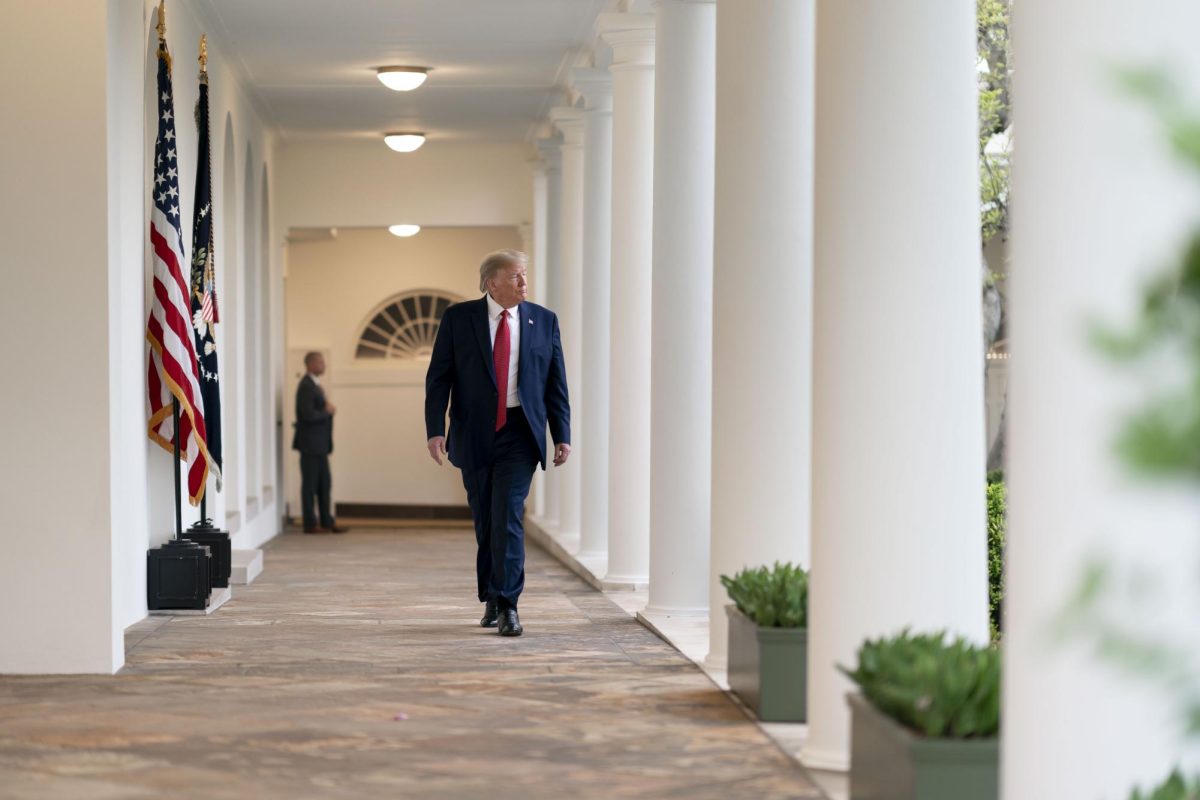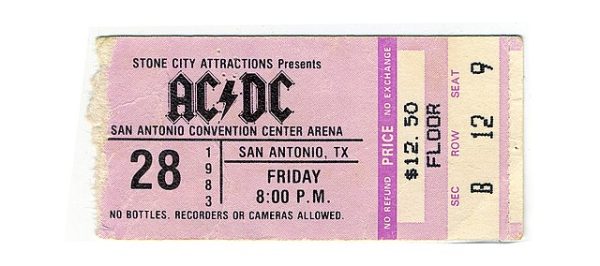No turn of phrase or witty remark can encapsulate my fears and nerves on the night of Nov. 5. While I partially expected President-elect Donald Trump’s win, I still retained hope for Kamala Harris to win what seemed like an incredibly tight race. However as “The Needle” teetered in Trump’s favor, I saw our collective excitement decrease and our fright turn into reality.
In the aftermath of this election, though, we must remember that America is not over. A presidential term is only four years and the human spirit is indomitable – what connects us as Americans must be rekindled and used as a tool to put America back on track. This election is not a death knell for democracy, but a reminder of the necessity to upkeep it.
Additionally, the astonishing loss of Harris must be examined by the Democratic Party and changes have to be made to their strategies and policies.
In the lead up to Super Tuesday, images of expansive rallies and outrageous polls created a sense of optimism for Harris’ supporters. However all of this was in vain, because the once-thought-impossible “red wave” came and washed over the United States.
Why did this occur?
It seems Americans did not turn out to vote this time around, with early voting numbers decreasing in Texas and other states. The voters that the Democrats hoped to mobilize ultimately stayed inactive in this race. Exit polling suggests that presumptive voting groups, like women and Latinos, did not show up for Harris as much as her campaign expected.
Trump’s campaign also seemed to have successfully engaged a previously untapped voter base of young men. With the ever increasing celebrity of Joe Rogan and his fellow class of hypermasculine commentators, Trump productively ingratiated himself with this sort.
In 2020, momentum against Trump encouraged citizens to vote early, or just vote in general. Conversely, incumbency might have hindered Harris’ campaign; a growth in Trump’s number suggests dissatisfaction with the liberal establishment. Her attempts to simultaneously rally progressive youth and moderates, ultimately left her failing both groups. Additionally, this election suggests there is actual magnetism of modern conservatism and the populist appeal.
Our situation suggests that people are attracted to those who are “shaking up the system.” The majority of voting Americans favor politicians who stand antagonistically against the establishment. The establishment which Harris tried so desperately to align herself with in order to gain moderate votes.
It was a perfect storm in 2016 that got us here: the expansion of the internet, the fall of Trump’s celebrity, Hillary Clinton’s past and a growing negative sentiment against the political status quo. Since then, we have only seen greater use of the internet and a growth of political dissidence.
So, how do we get back?
I am inclined to say we cannot. Not in an apocalyptic or nihilistic way, but simply we cannot turn back to the era that we long for. The Democratic and Republican parties have changed. In the wake of this election, some might suggest we get rid of the system. Some have facetiously suggested Biden should use his last two months to do all the things he has promised. Still, nothing will rectify the damage already done to our democracy and the potential dangers we face.
A lack of connection and empathy is evident in our society, it seems hard to find “We The People.” One side touts total victory and laughs maniacally at the other’s suffering, and the other threatens to abandon democracy. Similar circumstances occurred in 2016, but we got through it.
I will say it plainly, the politics of Trump are adverse to our country’s stability. His actions, despite what benefits some claim they have, whittle away at society’s trusts and connectivity. While some claim he has revealed a negative side of America many previously ignored, this has done nothing to better America to fight these issues.
In the face of tyranny, we must continue to support our democracy and help those within our community. If people care as much as they do about oppression, whether institutional or individual, they must try and make a change. We must vote in the midterms and put people in Congress hoping to change things for the better; we must provide mutual aid in our community, educate and care for one another.
We will never get a great reset, but we can stand strong in the face of adversity.









